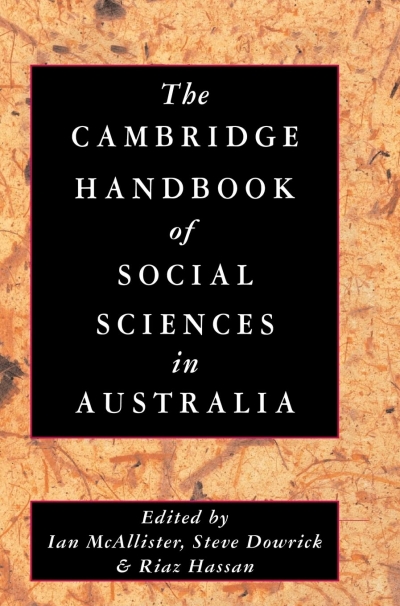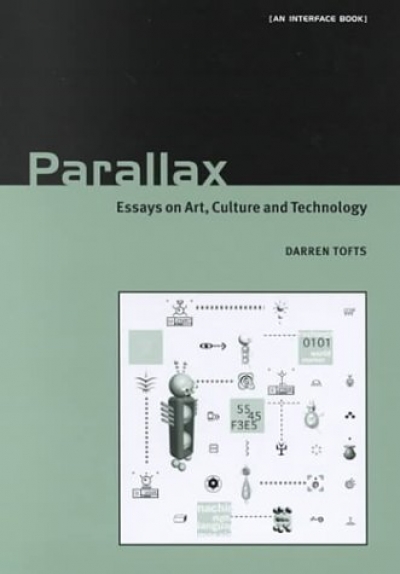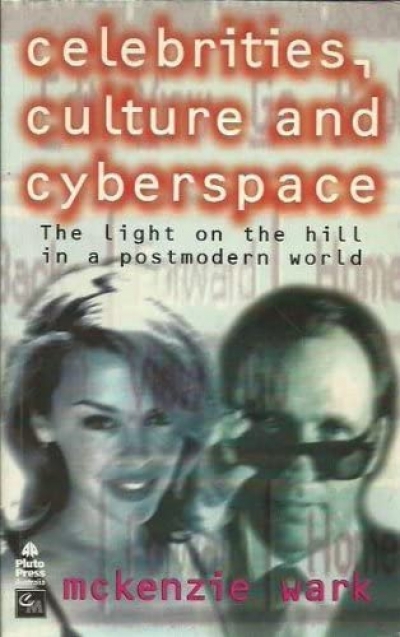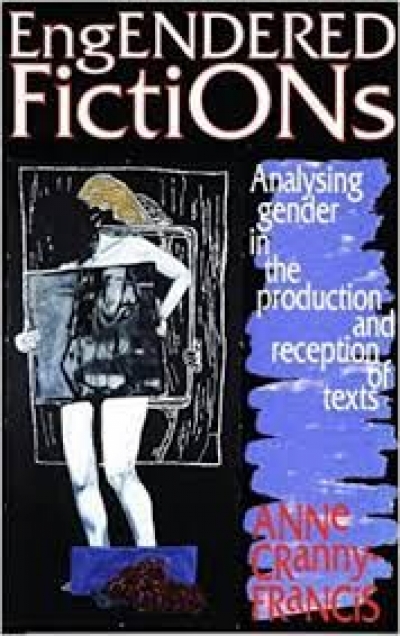Cultural Studies
The Cambridge Handbook of Social Sciences in Australia edited by Ian McAllister, Steve Dowrick and Riaz Hassan
by Allan Patience •
Hughes by Andrew Riemer & Ellis Unpulped by Michael Warby
by Peter Beilharz •
Parallax: Essays on Art, Culture and Technology by Darren Tofts
by Edward Colless •
Celebrities, Culture and Cyberspace: The light on the hill in a postmodern world by McKenzie Wark
by Andrew Rutherford •
Confessions of an S&M Virgin by Linda Jaivin
by John Birmingham •
Edge of the Sacred: Transformation in Australia by David J. Tacey
by Max Charlesworth •
EcCentric Visions: ReConstructing Australia by Gaile McGregor
by Barbara Brook •
Engendered Fictions: Analysing gender in the production and reception of texts by Anne Cranny-Francis
by K.K. Ruthven •
Australian Cultural History, Volume 11: Books, Readers, Reading edited by David Walker, Julia Hornen and Martyn Lyons
by Sue Murray •
For the past year I have been engaged in one of the activities that Robert Dessaix charges (ABR No. 129) are not only unnecessary but ‘harmful’ to the many writers briefly involved. I have been working as a Research Fellow at Deakin University with Sneja Gunew as the last in a line of bibliographers which has included Lolo Houbein and Alexandra Karakostas-Seda, updating and extending a bibliography of first and second generation Australian writers from non-Englishspeaking backgrounds. I have also been working on acquiring books by these writers to include in the collection of ‘Australian Literature’ at the Deakin University Library.
... (read more)







